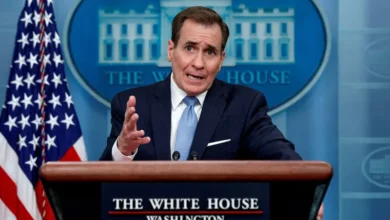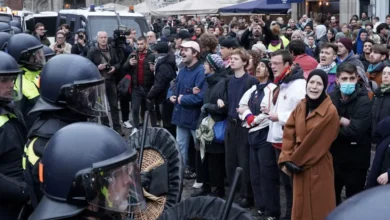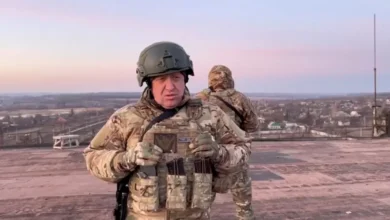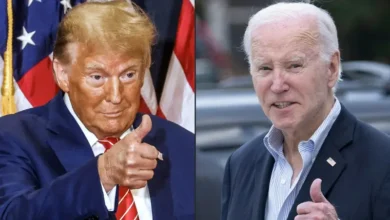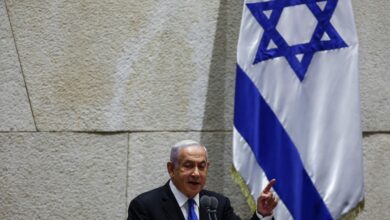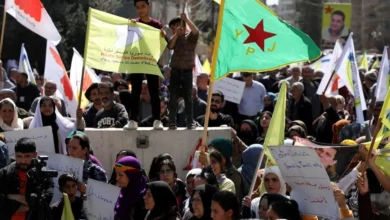Finland’s next president Stubb pledges entry to NATO’s core to keep Russia at bay
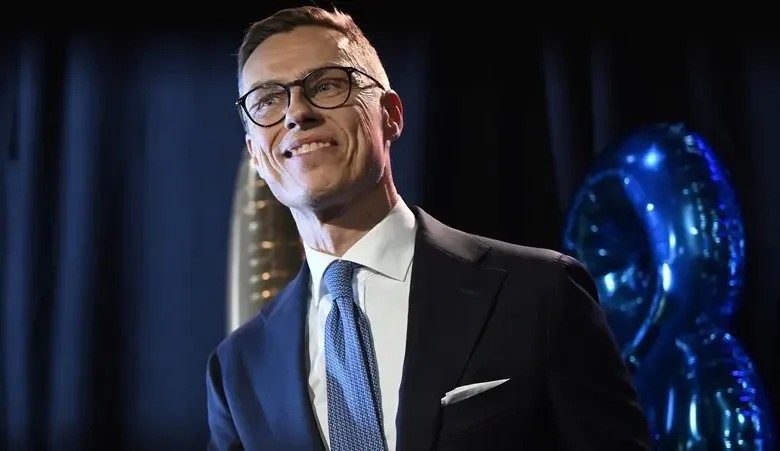
Finland’s Alexander Stubb was elected the president of the newest member of NATO, committing to bring his nation to the core of the defense alliance as it seeks to keep neighboring Russia at bay.
Stubb will become the Nordic country’s 13th president on March 1, following in the footsteps of Sauli Niinisto as head of state — a role where the central focus has traditionally been to safeguard independence and peace in Finland that’s flanked by a belligerent giant to its east.
“I want to see Finland in the core of NATO,” Stubb told reporters after his victory. “We are a security provider, not a security consumer. We have no limits to our NATO membership. We have one of the strongest defenses in Europe, and we are a security asset in NATO.”
The 55-year-old former prime minister represents continuity in for-eign and security policy, with a focus on supporting Ukraine and integrating Finland into the North Atlantic Treaty Organization, which it joined in April.
He won 51.6 percent of the vote in a runoff on Sunday against rival Pekka Haavisto. The election was the tightest since 2000, when Tarja Halonen became Finland’s first female president.
The president will, over his six-year term, act as the country’s top diplomat and supreme commander for its defense forces, working in cooperation with the government to manage foreign relations. Domestically, the president’s powers are limited.
“The president’s main job is upholding peace in Finland, and to make sure we never end up at war,” Stubb said.
Finland applied to join NATO just months after Russia’s full-scale invasion of Ukraine in 2022, putting its bid in together with neighboring Sweden, which is still waiting for accession. Niinisto, the architect behind those applications, was no longer eligible to run.
While the aim was to deter any aggression with collective defenses, Finland has increased spending on its military and exceeds NATO’s 2 percent of gross domestic product guideline — a threshold that other Nordic members of the alliance have yet to meet.
Stubb went into the election as the favorite, having prevailed in the January 28 first round and held onto his lead in the polls during the two weeks of campaigning.
The Swedish-speaking Finn communicates fluently in a number of languages and has published 16 books. He has held all the top ministerial posts in Finland, including the finance and foreign affairs portfolios. Most recently the director of the Florence School of Transnational Governance at European University Institute in Italy, Stubb has a PhD in international relations.
He is an avid athlete, having completed numerous marathons and triathlons, including the celebrated Ironman World Championships. As a teenager he played ice hockey and golf, which took him to study at Furman University in South Carolina.
When he served as prime minister, Stubb even faced criticism for allegedly prioritizing sport over political responsibilities.
Haavisto, the 65-year-old previous foreign minister, ended up with more support than the about 46 percent polls had given him.
Apart from an occasional jab during debates, the candidates ran civilized campaigns, avoiding any mud-slinging and emphasizing continuity and alignment on key policies.
“The main thing is that the elections were run in a good spirit, that Finland gets a good leader and that the people remain united,” Haavisto said, conceding defeat.
Underscoring the importance of national oneness, Stubb unex-pectedly turned up after his victory at Haavisto’s election-night party, asking everyone to set aside campaign affiliations and instead unite behind “team Finland” — to cheers from his rival’s supporters.
“Finns should be proud that we were able to run fair elections in such a difficult geopolitical environment,” Stubb said. “The reason for that is that for us, foreign and security policy is existential, we fully understand that we cannot have tough debates on foreign security policy.”
Once part of Czarist Russia, Finland had to defend its sovereignty against the Soviet Union in two wars in the 1939 to 1944 period.
The country has more artillery than France and Germany combined and can call on as many as 280,000 troops in time of war.
NATO’s northern enlargement lengthened the bloc’s border with Russia by 1,300 kilometers (800 miles). That frontier is now sealed to curb the flow of Russian-assisted asylum seekers, seen by Finns as a deliberate attempt to undermine their national security.
Eight in 10 Finns are willing to defend their country if it comes under attack, according to a recent survey. Backing for NATO membership is even higher.
“We need to be a reliable partner to the west, we need to be a strategic competitor to the east and a good partner to the global south,” Stubb said. In NATO, “we will play our part, don’t worry about that.”
